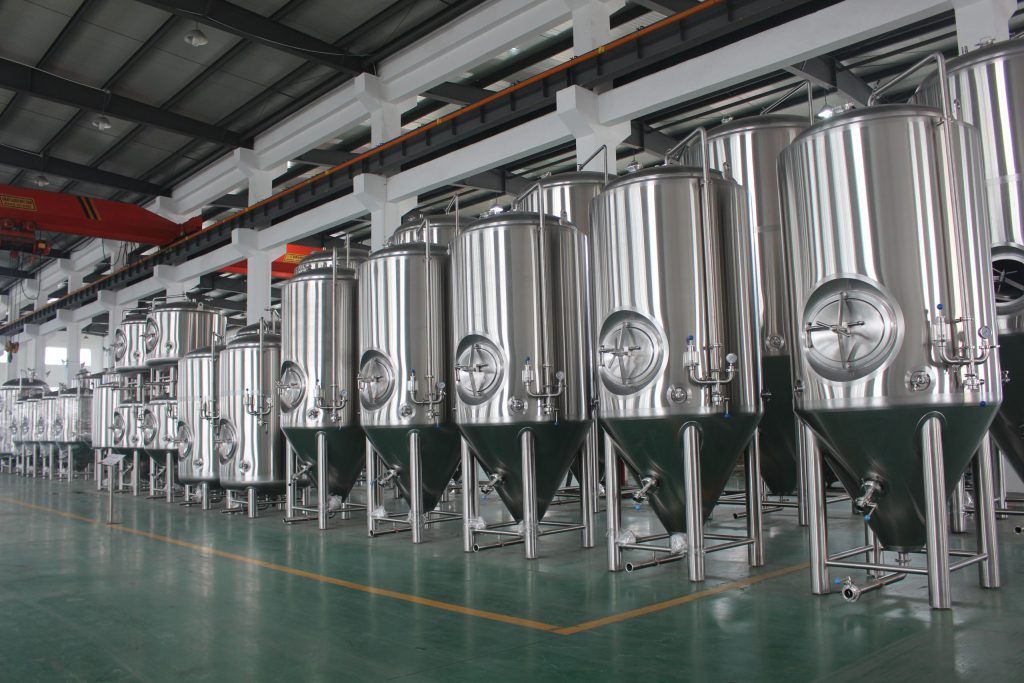Introduction

In the world of coffee aficionados and professionals, the roasting process is an art form that can dramatically influence the flavor, aroma, and quality of the final product. With the advent of commercial coffee roasters, businesses now have access to advanced technology that can streamline and optimize this crucial stage of coffee production. In this blog post, we’ll explore the various ways you can leverage a commercial coffee roaster to enhance your roasting process and produce exceptional coffee beans.
Understanding Commercial Coffee Roasters
Before delving into optimization strategies, let’s first understand the basics of commercial coffee roasters. These machines come in various sizes and configurations, ranging from small batch roasters suitable for boutique cafes to large-scale industrial roasters used by major coffee manufacturers. Commercial roasters typically feature precise temperature controls, advanced airflow systems, and customizable roasting profiles, allowing roasters to achieve consistent results and experiment with different roast profiles.
Optimizing Roasting Profiles
One of the key advantages of commercial coffee roasters is their ability to create and fine-tune roasting profiles. A roasting profile outlines the temperature and airflow settings throughout the roasting process, influencing the development of flavors and aromas in the coffee beans. By carefully adjusting these parameters, roasters can achieve specific flavor profiles tailored to their preferences or the preferences of their customers. Here’s a sample roasting profile template:
| Stage | Temperature (°C) | Airflow (%) | Time (Minutes) |
|---|---|---|---|
| Preheat | 180 | 50 | 5 |
| Drying | 200 | 60 | 4 |
| Maillard | 220 | 70 | 8 |
| Development | 230 | 80 | 6 |
| Cooling | Ambient | 100 | 3 |
Monitoring and Controlling Variables
Consistency is paramount in the roasting process, and commercial coffee roasters offer robust monitoring and control systems to ensure precise execution. Modern roasters are equipped with sensors that monitor bean temperature, environmental conditions, and roast progression in real-time. Additionally, many roasters are compatible with software solutions that allow roasters to create, store, and replicate roast profiles with ease. By leveraging these capabilities, roasters can maintain consistency across batches and minimize variations in flavor and quality.
Quality Assurance and Testing

To guarantee the quality of their roasted beans, coffee roasters must conduct regular quality assurance tests. Commercial coffee roasters often feature built-in sampling mechanisms that allow roasters to collect samples throughout the roasting process. These samples can then be evaluated for color, aroma, and flavor profile to assess roast development and identify any potential issues. By implementing a robust quality assurance program, roasters can ensure that only the finest beans make it to the final product.
Conclusion
Optimizing your roasting process with a commercial coffee roaster requires a combination of technical expertise, experimentation, and attention to detail. By understanding the capabilities of your roaster, fine-tuning roast profiles, monitoring variables closely, and conducting quality assurance tests, you can elevate the quality of your roasted beans and delight your customers with exceptional coffee. Embrace the art and science of roasting, and unlock the full potential of your commercial coffee roaster.
FAQ
Q: How do I choose the right commercial coffee roaster for my business?
A: When selecting a commercial coffee roaster, consider factors such as batch size, desired roast profiles, available space, and budget. Research different models, read reviews, and consult with industry experts to find the best fit for your specific needs.
Q: Can I roast different types of coffee beans in the same roaster?
A: Yes, most commercial coffee roasters are capable of roasting a variety of coffee beans, including different origins and processing methods. However, it’s essential to clean the roaster thoroughly between batches to prevent flavor contamination.
Q: How often should I clean and maintain my commercial coffee roaster?
A: Regular cleaning and maintenance are crucial to ensure the longevity and performance of your roaster. Follow the manufacturer’s guidelines for cleaning procedures and schedule routine maintenance checks to address any issues promptly.
Q: Is it possible to automate the roasting process with a commercial coffee roaster?
A: Many modern commercial coffee roasters offer automation features that streamline the roasting process and minimize manual intervention. These features include programmable roast profiles, automatic cooling cycles, and remote monitoring capabilities, allowing roasters to achieve consistent results with minimal effort.

